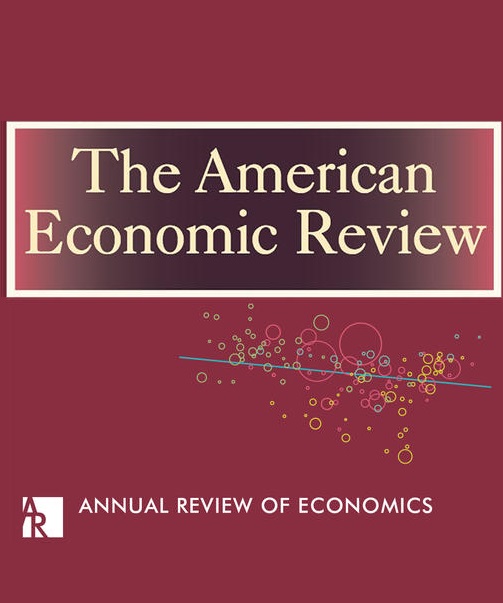CHANGES IN HOUSEHOLD AND GENERAL GOVERNMENT CONSUMPTION AND SAVINGS DURING THE COVID-19 PANDEMIC IN THE EUROPEAN UNION
IF 11.6
1区 经济学
Q1 ECONOMICS
引用次数: 0
Abstract
In March 2020, the COVID-19 pandemic caused a significant economic shock in countries worldwide, negatively affecting every aspect of the world economy. Due to the situation with the COVID-19 pandemic, governments imposed a lockdown on households to slow the spread of the pandemic. It was unknown how long the lockdown could last and how much impact it would have on households and the general government. Household consumption is a specific component of final GDP consumption and generally represents about 60% of GDP. Crises most often affect the individual and manifest in unplanned and unnecessary costs that affect household consumption and savings, and consequently growth and development. Eurostat states that the household savings rate of the European Union (EU) decreased in the third quarter of 2020 but was 4.5% higher than in 2019. This paper aims to analyze the differences in household consumption expenditure and net savings across the EU from 2018 until 2021 and general government consumption expenditure and net savings. In addition, it will compare the differences in household and general government consumption and savings in 2019 and 2020. This paper uses univariate statistical methods to define the differences between the EU member states and their private and public consumption expenditure and net savings. The authors will suggest further research on the topic mentioned above and provide evidence on how households should react to future pandemic situations.2019冠状病毒病大流行期间欧盟家庭和一般政府消费和储蓄的变化
2020年3月,新冠肺炎疫情对世界各国经济造成重大冲击,对世界经济的各个方面都产生了负面影响。由于covid -19大流行的情况,各国政府对家庭实施了封锁,以减缓疫情的传播。目前尚不清楚封锁会持续多久,以及它对家庭和政府的影响有多大。家庭消费是最终国内生产总值消费的特定组成部分,通常占国内生产总值的60%左右。危机最常影响个人,表现为计划外和不必要的成本,影响家庭消费和储蓄,从而影响增长和发展。欧盟统计局表示,欧盟(EU)的家庭储蓄率在2020年第三季度有所下降,但比2019年高出4.5%。本文旨在分析2018年至2021年欧盟家庭消费支出和净储蓄以及一般政府消费支出和净储蓄的差异。此外,还将比较2019年和2020年家庭和一般政府消费和储蓄的差异。本文采用单变量统计方法来定义欧盟成员国及其私人和公共消费支出和净储蓄之间的差异。作者将建议对上述主题进行进一步研究,并就家庭应如何应对未来的大流行情况提供证据。
本文章由计算机程序翻译,如有差异,请以英文原文为准。
求助全文
约1分钟内获得全文
求助全文
来源期刊

American Economic Review
ECONOMICS-
CiteScore
18.60
自引率
2.80%
发文量
122
期刊介绍:
The American Economic Review (AER) stands as a prestigious general-interest economics journal. Founded in 1911, it holds the distinction of being one of the nation's oldest and most esteemed scholarly journals in economics. With a commitment to academic excellence, the AER releases 12 issues annually, featuring articles that span a wide spectrum of economic topics.
 求助内容:
求助内容: 应助结果提醒方式:
应助结果提醒方式:


